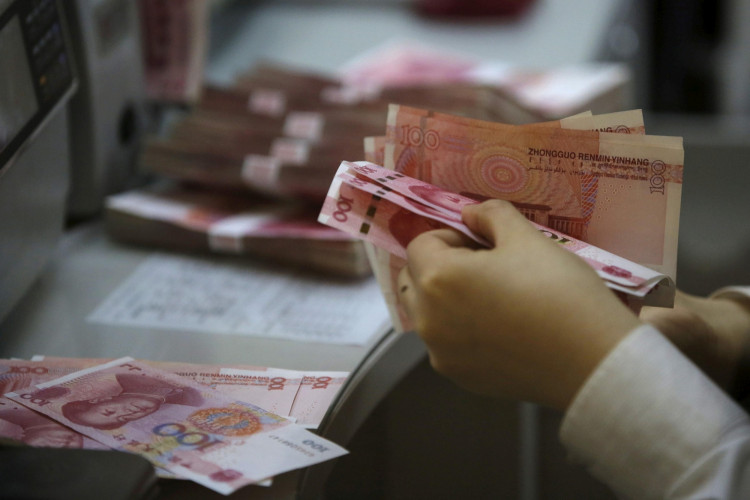WeLab Bank, the latest virtual bank to officially open its business in Hong Kong, is entering the highly lucrative new sector with several attractive promotions. The company is offering a number of promos to attract traditional bank depositors, stirring up further competition in Asia's financial hub.
The virtual bank, owned by Fintech company WeLab Limited, opened for business on Thursday after running a three-month trial. For new depositors, the company is offering a massive 4.5 percent annual interest rate. Accounts with the virtual bank can be opened for as little as HK$10 or roughly $1.30. To promote the use of its digital banking platform, WeLab is also offering account holders an 8 percent rebate on all their purchases for a limited time.
As part of its debut promo, WeLab's chairman, Chan Ka-keung, announced that the bank will be extending its 4.5 percent interest rates to all account types for the first 10,000 depositors, capped at HK$50,000 for each account. Its 8 percent rebate promotion for purchases using its platform will also be available to all accounts, capped at HK$3,000 for each account until the end of August.
WeLab is officially the third virtual bank to open its doors to Hong Kong residents after the city's de facto central bank, the Hong Kong Monetary Authority (HKMA), issued eight virtual banking licenses in 2019. The first bank that opened for business was ZA Bank, backed by ZhongAn Technologies International Group, followed by Airstar Bank, a digital bank jointly established by AMTD Group and Xiaomi Corporation.
Hong Kong is currently one of the most overcrowded banking markets in the world, with over 155 traditional lenders operating in the city. In order to compete with the already established industry leaders, virtual banks had to be aggressive to steal away customers from market leaders such as HSBC and Standard Chartered.
The main advantage of these virtual banks is that they do not have to deal with traditional expenses such as rent and massive salaries for bank branches. Leveraging that advantage, digital banks are offering substantially larger interest rates for depositors, along with other incentive schemes.
The high-interest rates and incentives are expected to deal a huge blow to the city's traditional lenders, who have yet to fully recover from the economic effects of the months of civil unrest and the spread of the coronavirus pandemic. Most banks had to close down their branches or shorten their banking hours during the first few months of the year due to the protests and the spread of the pandemic.
Hong Kong's major banks are also struggling to cope with the rising provisions for bad debts as thousands of residents and businesses are expected to fall behind or default on their loan payments. Standard Chartered previously stated that it had to set aside $611 million in credit impairments during its latest quarter.





